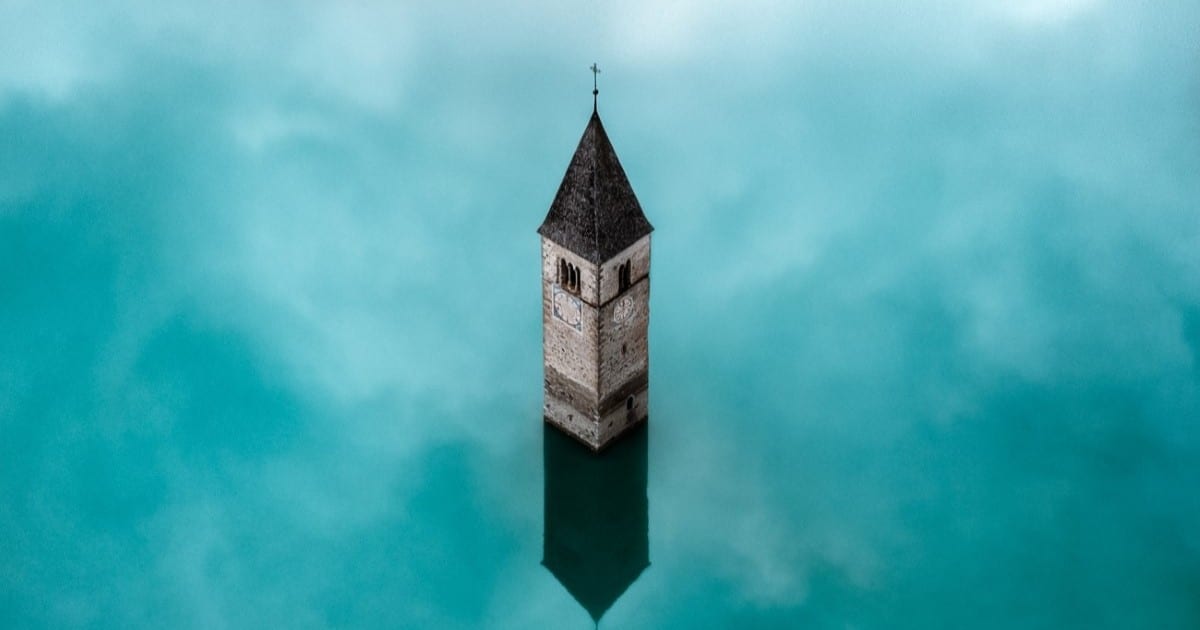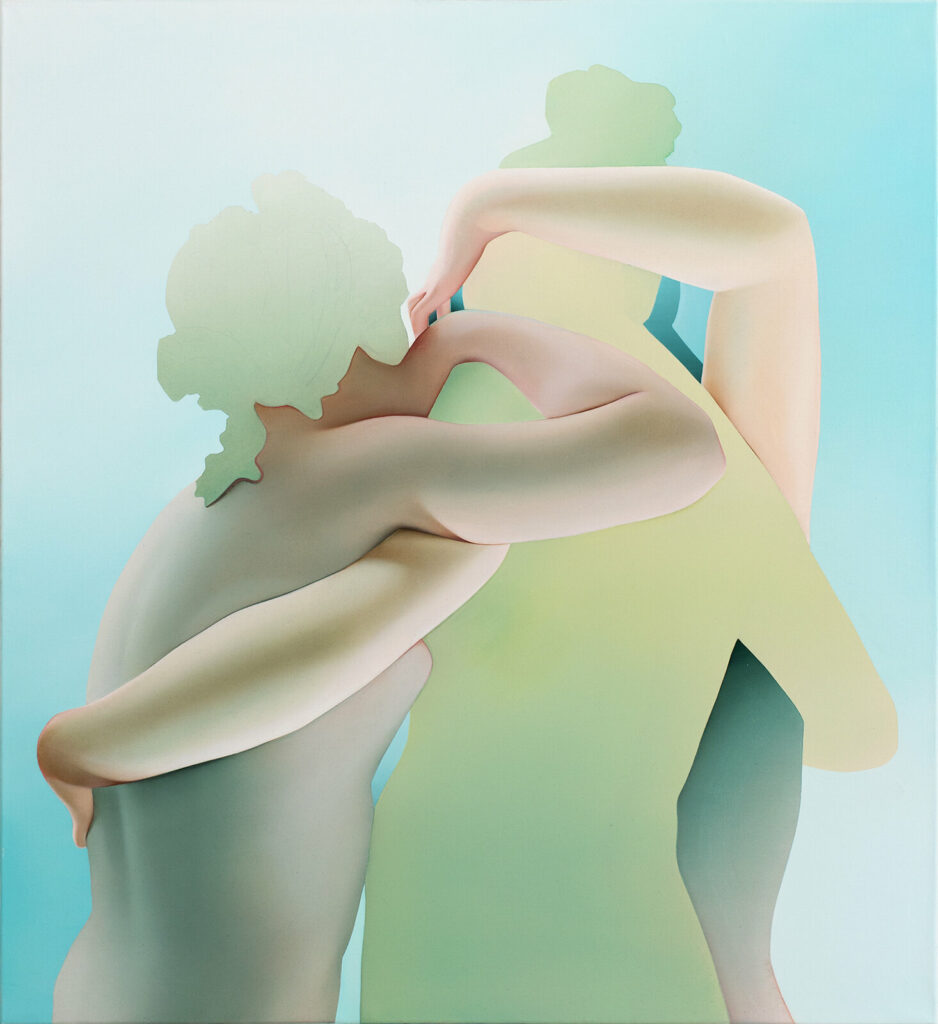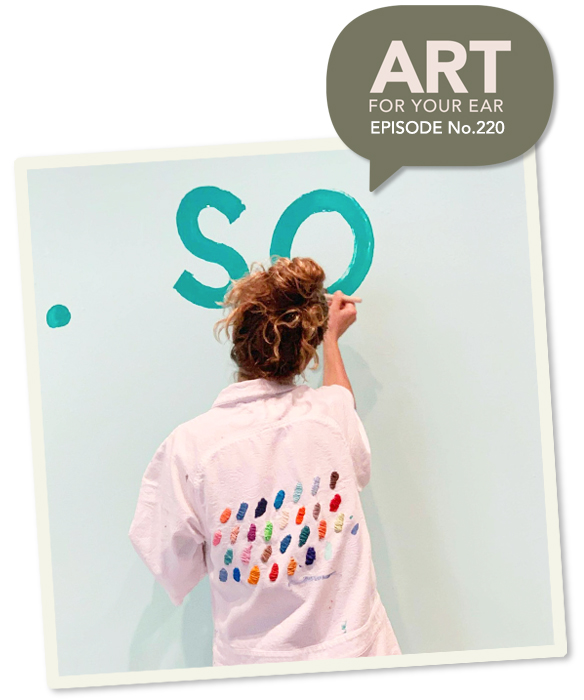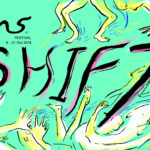Anti-Happening
- Drawing & Print (Drawing & Print)
11,4 x 16,2 cm
Julius Koller
Anti-Happening refers to Koller’s 1965 manifesto, ‘Anti-Happening (System of Subjective Objectivity)’. In opposition to the notion of a ‘happening’ as a way of actualising group identity, in his manifesto, Koller stated that his concept of the ‘anti-happening’ aimed at a ‘cultural reshaping of the subject, at awareness, at the surroundings and the real world’ [i] . Unlike happenings, these actions do not involve the staging of psychologically expressive performances. As the art historian Piotr Petrowski has noted, it is part of ‘an attitude that aims to erase the boundaries between different art tendencies (art and anti-art, modernist and neo-avant-garde painting), between different forms of neo-avant-garde practice (performance, conceptual art, Fluxus) and, above all, between art and life’ [ii] . [i] Kathrin Rhomberg and Roman Ondák (eds.), Julius Koller: Univerzálne Futurologické Operácie , Cologne 2003. p.126. [ii] Piotr Piotrowski, In the Shadow of Yalta: Art and the Avant-Garde in Eastern Europe, 1945–1989 , London 2009.
In its stringency, obsession and peculiarity, the oeuvre of Julius Koller is one of the most idiosyncratic and consistent in European art since the 1960s. Yet Koller is not only a seminal figure in the history of the neo- and post-avant-garde; his work has long been a critical inspiration for artists and intellectuals. In the most recent past, Koller’s concepts of the Anti-Happening, the Anti-Picture, the Universal-cultural Futurological Operation (U.F.O.), his actions, objects, texts and the enormous referential archive he built up, have attracted growing interest on the part of a broader art public. From around 1960, in response to the modernist mainstream in Slovak art, Julius Koller began to develop his aesthetic position of the “antihappening.” His strategy consists in using real objects and everyday life as the predefined program for an aesthetic operation: from 1965, in texts rubberstamped on paper that refer to the context of the “anti-happening,” and then in 1967/1968 in pictures for which Koller used white latex paint instead of oils and which saw the first appearance of the question mark—the symbol of Koller’s brands of naming, or “making known,” that was later to undergo many mutations in various media and states of aggregation. The “invitation cards for an idea”—as Koller called the text works relating to the “anti-happenings”—and the palimpsests and serial arrangements of the “anti-pictures” set themselves apart from the academicism of Modernism in more than just formal terms. Koller foregoes every form of technical mastery. The “anti-pictures” are amateurish in style, ensuring that they fulfill their task, defined by Koller as “engaging rather than arranging.” Julius Koller was born in 1939 in Piestany, Slovakia. He died in 2007 in Bratislava.
Colors:
Related works sharing similar palette
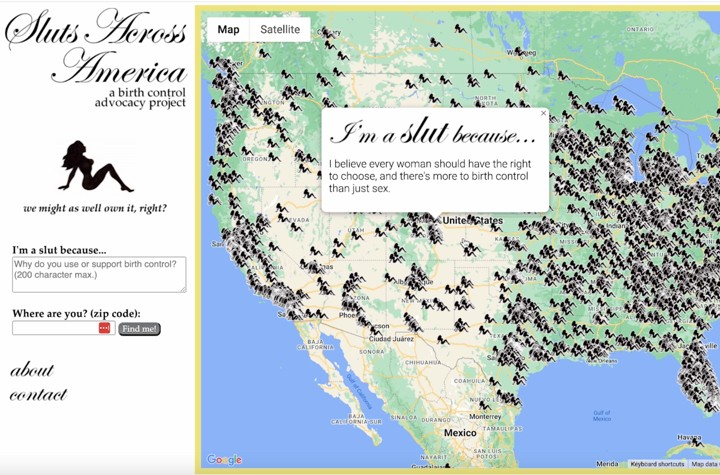
© » WHITEHOT
How do Wussies Network? advertise donate post your art opening recent articles cities contact about article index podcast main February 2024 "The Best Art In The World" "The Best Art In The World" February 2024 How do Wussies Network? Ian Lewandowski, Natalia in Cowboy Hat, Indy Pride, Military Park, Indianapolis 2023, 2023, photography...

© » ARTSY
10 Artists to Discover in Foundations Winter 2024 | Artsy Skip to Main Content Art 10 Artists to Discover in Foundations Winter 2024 Artsy Editorial Jan 23, 2024 2:00PM Foundations is Artsy’s seasonal online fair spotlighting fresh works from galleries known for spotting and nurturing rising talent...

© » KADIST
Diana Thater
2005In Perpetual Motion (2005) the seemingly erratic flight of the bright orange Monarch butterfly—filmed in its winter habitat of Michoacán, Mexico—is intensified by the artist’s editing in which frames are randomly dropped and the film is sped up...
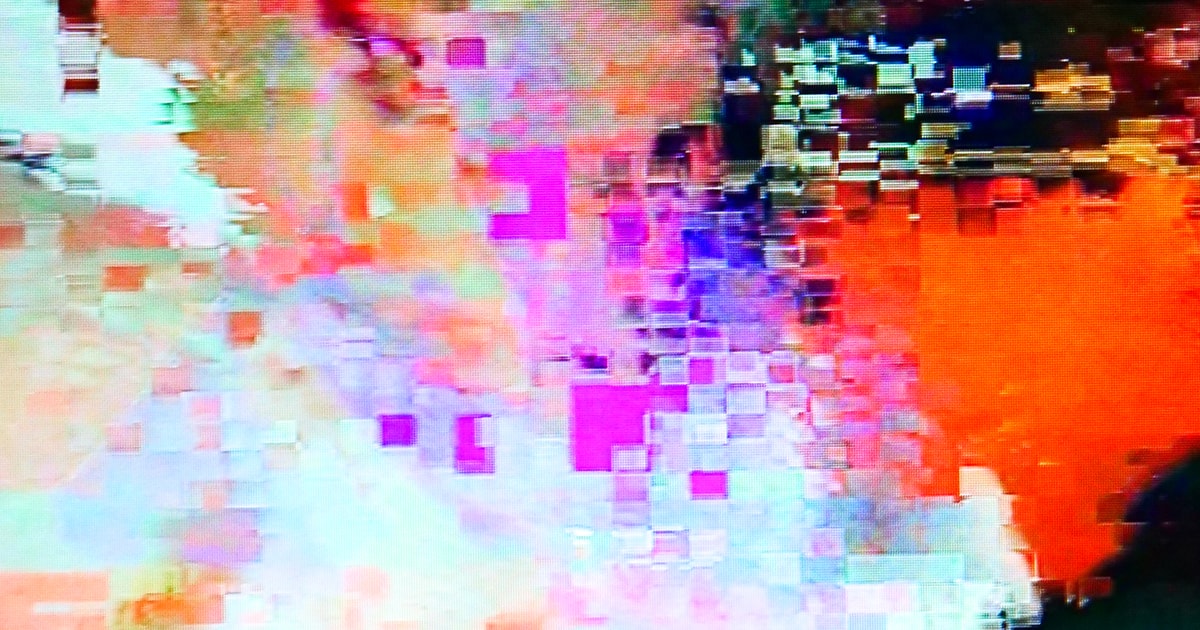
© » IMA
Age of Photon / Taro Karibe Exhibition “INCIDENTS” | Exhibition | IMA ONLINE Age of Photon / Taro Karibe Exhibition "INCIDENTS" 24 January 2020 - 8 February 2020 IMA gallery TAGS Taro Karibe IMA gallery Share Title Age of Photon / Taro Karibe Exhibition “INCIDENTS” Dates Friday 24 January, 2020 – Saturday 8 February, 2020 Site IMA gallery (Tokyo) Time 11:00 – 19:00 Closed Sundays and National Holidays Event Saturday 8 February, 15:00-17:00: closing event TAGS Taro Karibe IMA gallery Share Staff Picks HANON Présage / Connotations Yoshinori Mizutani Hideyuki Ishibashi...

© » OBSERVER
A Guide to Miami Art Week Satellite Fairs and Shows | Observer Art Miami and Art Basel Miami Beach 2023 are in full swing, with all the associated parties, pop-ups and sundry events, including everything from concerts by Diplo and Lil Wayne to the opening of a temporary Murakami x BLACKPINK collab shop to the “Patina Experience” (an exhibition of the world’s largest Mercedes collection)...
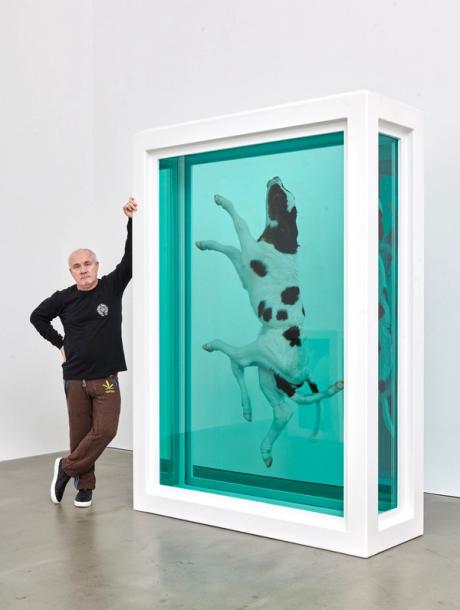
© » THEARTNEWSPER
Formaldehyde and butterflies in France—Damien Hirst takes over Château La Coste Art market Museums & heritage Exhibitions Books Podcasts Columns Technology Adventures with Van Gogh Search Search Diary blog Formaldehyde and butterflies in France—Damien Hirst takes over Château La Coste Famous works by Brit artist to go on show at the sprawling Provençal estate The Art Newspaper 15 December 2023 Share Damien Hirst photographed by Prudence Cuming Associates Ltd...

© » KADIST
Edgardo Aragón
2016Mesoamericana (Economic activities) is part of a larger project titled Mesoamerica: The Hurricane Effect, which includes a video as well as series of hand drawn maps -based on historical cartography- that examine the effects of foreign power in Mexico today...
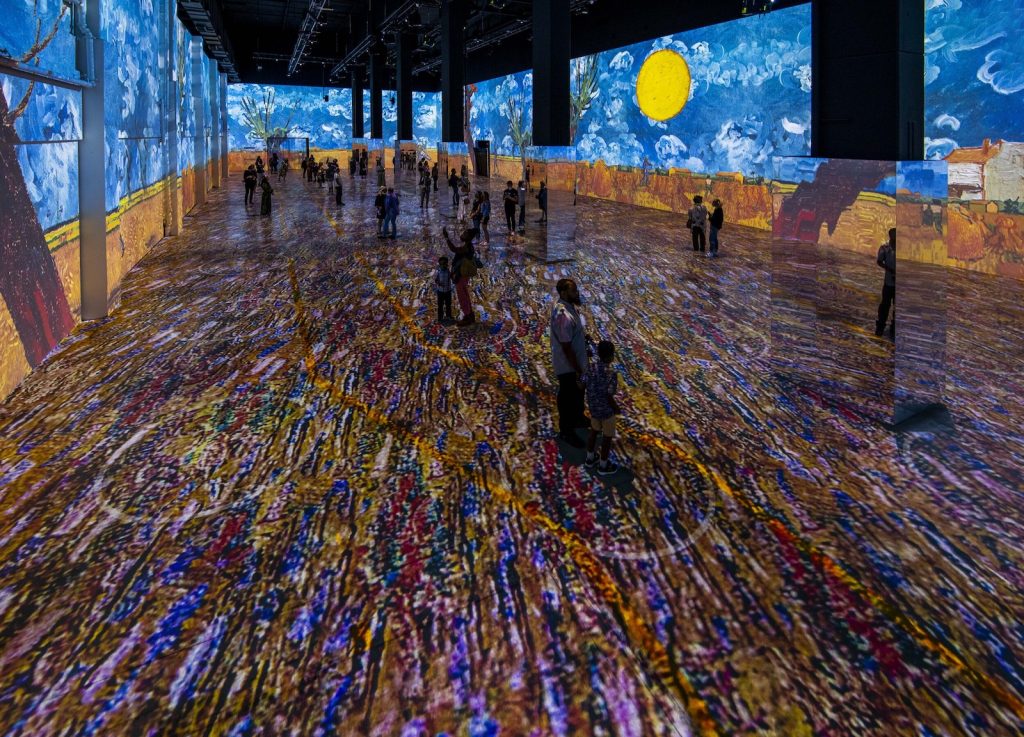
© » AFC
Explain Me With Art Critic Ben Davis: The Year That Wasn’t, Part One About AFC Board AFC Editions Donate Art F City Explain Me With Art Critic Ben Davis: The Year That Wasn’t, Part One by Paddy Johnson and William Powhida on December 14, 2020 Explain Me + Podcast Tweet In this episode of Explain Me, we take stock of the year in art with Artnet’s National Critic Ben Davis...
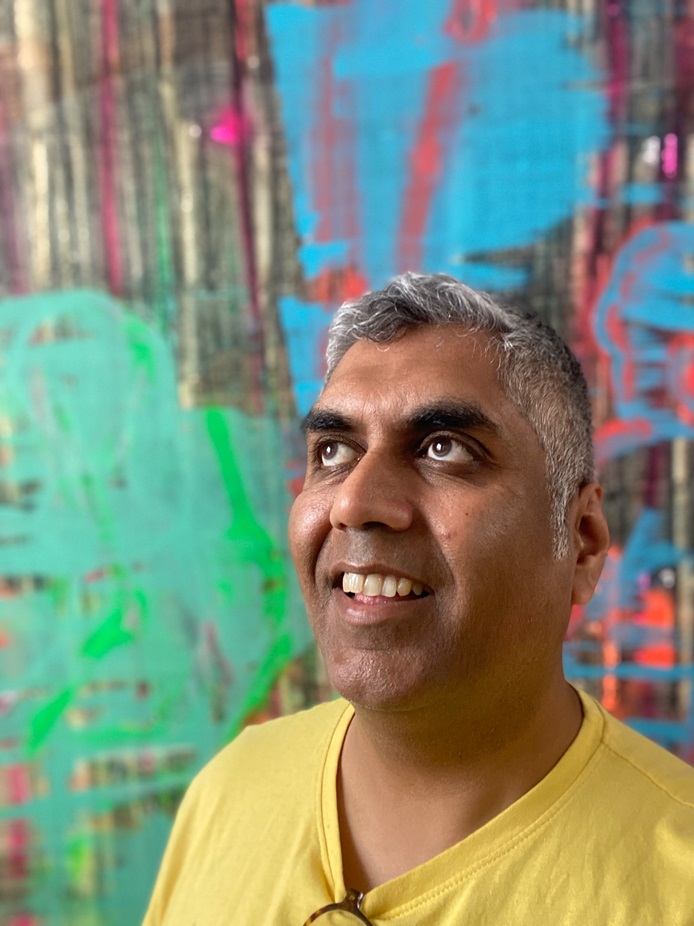
© » FAD MAGAZINE
DaDa Return With Their Annual Social Justice Lecture by Artist Ashokkumar D Mistry - FAD Magazine Skip to content By Mark Westall • 27 November 2023 Share — Liverpool-based arts organisation DaDa return in December with their annual Edward Rushton Social Justice Lecture which takes place at Museum of Liverpool on Sunday, 3rd December from 1-3pm, held on United Nations International Day for People with Disabilities and named after the local poet, activist, abolitionist, and disabled man, Edward Rushton ...

© » KADIST
Presentation of dOCUMENTA (13) Notebook series « 100 Notes – 100 Thoughts » « What kind of writing is a note? What kind of discourse can emerge between chance and disparity? What picture of knowledge constructs a note, what does it say about intelligence? Can this relatively undifferentiated matter—notes—introduce new connections, renew difficulty and possibility for art, for theory? Can a note, the embodiment of „a life« —the life behind the hand that wrote it—invent a form of consciousness that is prior and irreducible to the person, to the subject taking those notes? » With Alejandro Jodorowsky, Chus Martinez & Raimundas Malasauskas Chus Martínez is Head of Department, and Member of Core Agent Group of dOCUMENTA(13), as well as Associate Curator at MACBA (Barcelona)...

© » ARTS EQUATOR
The top ArtsEquator articles of 2021 | ArtsEquator Thinking and Talking about Arts and Culture in Southeast Asia ArtsEquator Viewpoints December 31, 2021 Below is a list of the top 10 ArtsEquator articles in 2021, in random order: The Substation: How many more canaries in the coal mine? by Hoe Su Fern Published on: 20 Feb 2021 “Although the current situation facing The Substation is not new or unique, its impending fate is emblematic of, and raises deep questions about the progressively precarious and capricious conditions of arts practice in Singapore.” Also well-read: The Su bstation: An unstoppable force and an immovable object by Nabilah Said and a timeline of events by Ke Weiliang...

© » KADIST
Alain Séchas
2003A cat, standing like a human being, is looking at us with round and dazed eyes and holds a gun...

